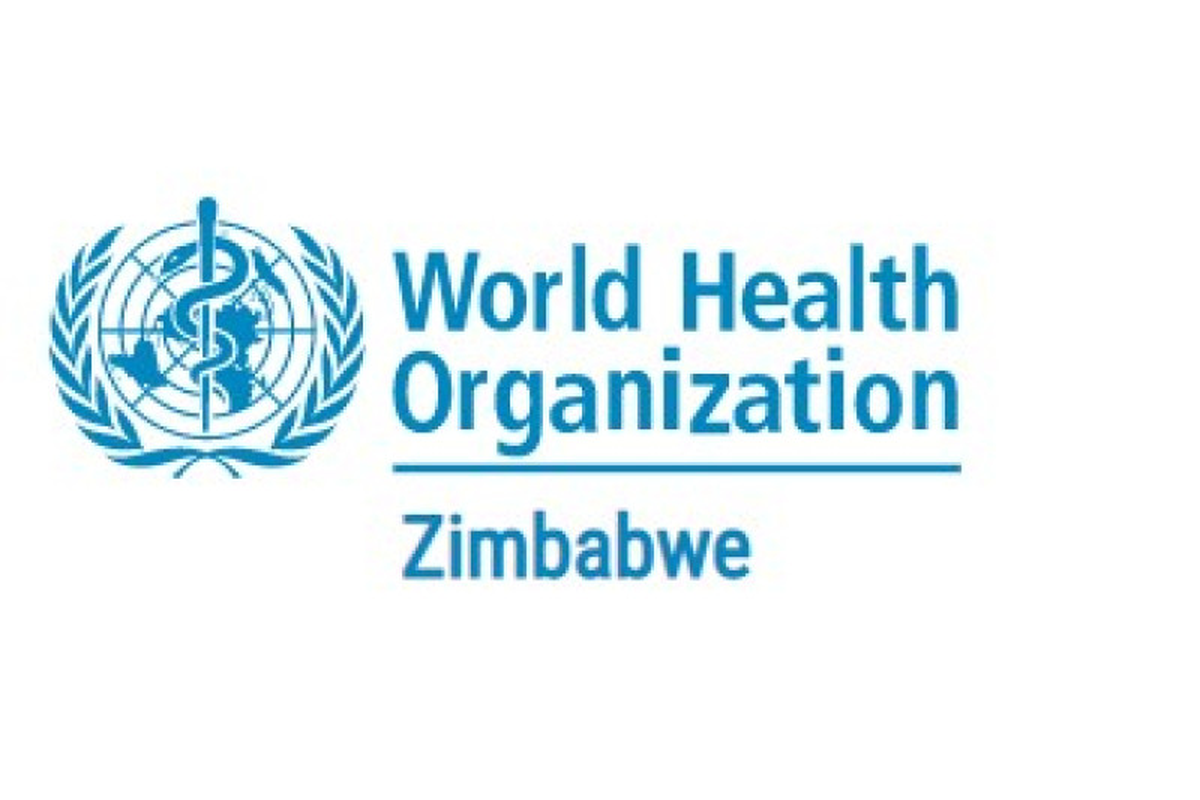
Description of assignment title: Health and Climate Change Officer
Assignment country: Zimbabwe
Expected start date: 15/01/2025
Sustainable Development Goal: 13. Climate action
Volunteer category: International UN Volunteer Specialist
Mission and objectives:
WHO's Mission is of a world in which all peoples attain the highest possible level of health, and our mission to promote health, keep the world safe and serve the vulnerable, with measurable impact for people at country level.
WHO leads global efforts to expand universal health coverage; directs and coordinates the world’s response to health emergencies. It also promotes healthier lives – from pregnancy care through old age. Our Triple Billion targets outline an ambitious plan for the world to achieve good health for all using science-based policies and programmes.
The mission of WHO’s Health Emergencies Programme (“The Programme”) is to help countries, and to coordinate international action, to prevent, prepare for, detect, rapidly respond to, and recover from outbreaks and emergencies.
Context;;
Zimbabwe has not been spared from the devastating impacts of climate change with heavy rainfalls, characterized by floods and cyclones as well as severe droughts. The recent Cyclones Idai and Freddy and extreme rainfalls have caused drownings, injuries, heart attacks, trauma and spread of infectious diseases. In 2019, Cyclone Idai affected more than 270 000 people, with over 350 people losing their lives. Infrastructure which includes clinics, was also destroyed.
During the 2008–2009 cholera epidemic, more than 4,287 people died in Zimbabwe as a result of polluted water and poor sanitation. Since 1987 Zimbabwe has experienced its six warmest years on record, and daily minimum and maximum temperatures have risen by approximately 2°C over the past century. The country has had to deal with recurrent droughts, decreased safe and destroyed biodiversity.
It is estimated that in Zimbabwe, climate change will cause average temperatures to rise by about 3°C before the end of this century if not mitigated. Annual rainfall could decline by between 5% and 18%, especially in the south. Rainfall will become more variable. There will be an increase in droughts, floods and storms. This will affect Zimbabwe’s food security, health, energy supply including the economy. It is therefore prudent that mitigatory measures
are planned and put in place.
Thus, Climate Resilience is one of the 14 Government priorities of the National Development Strategy (2021-2025) and Climate Change is recognised as a key contributor to public health emergencies in the National Health Strategy (2021-2025).
The officer is expected to support the following;
• advocacy and partnerships: coordinating with partner agencies within the UN system, and ensuring that health is properly represented in the climate change agenda, as well as providing and disseminating information on the threats that climate change presents to human health and opportunities to promote health.
• monitoring science and evidence: coordinating reviews of the scientific evidence on the links between climate change and health; assessing the country's preparedness and needs when facing climate change; and developing a research agenda;
• strengthening national capacities and improving the resilience and adaptive capacity of health systems to deal with the adverse health effects of climate change; and
• building capacity on climate change and human health: assisting the country to build capacity to reduce health vulnerability to climate change and promoting health.
Under the direct supervision of Healthier Populations Team Lead, the UN Volunteer will undertake the following tasks:
1. Coordinate the development of Policy and Standards on climate and health in Zimbabwe
2. Intersectoral promotion on implementation of Solar for Health at institutions including health facilities
3. Manage the routine updates and ensure the technical integrity of the tools and knowledge resources for climate change and health.
4. Identify, drive research, and lead the development of recommendations on the evidence of health impacts of climate change and health, and on the effectiveness of interventions to address them.
5. Oversee and manage updates of WHO databases on climate change and health related health policies and regulations and associated impacts on health.
6. Organize and provide technical support to the country on matters related to climate change and health, including support for institutional capacity development and training activities.
7. Represent the technical work of WHO in partnerships and initiatives on climate change and health.
8. Contribute to other technical work in climate change and health as appropriate.
Required experience
3 years of experience in working on climate change and health issues
- Extensive experience in the development and application of knowledge resources and tools to support policy or programmatic planning for climate change and health interventions.
- Experience in organizing and facilitating national or subnational capacity-building workshops for policy or programme development on climate change and health.
- Experience in the preparation of funding proposals and budgets for country or regional-level projects or activities.
Desirable:
1. Experience in the development or supporting the implementation of WHO Guidelines for climate change and health.
2. Experience in contributing and representing WHO or other UN organization in inter-agency and multi-sectoral co-operations.
3. Experience working in the context of multi-stakeholder initiatives on climate change.
Skills:
1. Strong organization and project management skills
2. Strong scientific research and writing skills.
3. Ability to work harmoniously as a member of a team, adapt to diverse educational and cultural backgrounds and maintain a high standard of personal conduct.
4. Good understanding of the role of WHO globally, regionally and at country level, including its supportive efforts with external partners.
Area(s) of expertise
-Development programmes, Health, Energy and environment
Languages
-English, Level: Fluent, Required
Required education level
-Master degree or equivalent in Essential: Advanced level university degree in natural, environmental or social science.
-Desirable: Advanced university degree in public health, epidemiology and/or biostatistics.
Competencies and values
• Technical expertise
• Overall attitude at work
• Teamwork
• Respecting and promoting individual and cultural differences
• Communication
Harare
Expires
Technical Training Centre
To be shared with s…
Harare
Expires
UNESCO International
The position offer …
Harare
Full Time
15 Jan 2025
07 Nov 2024